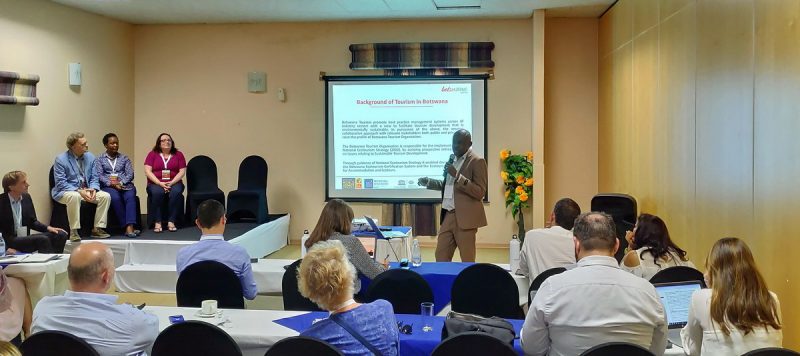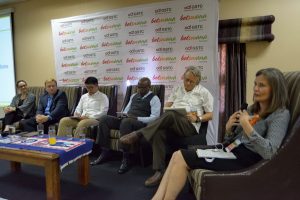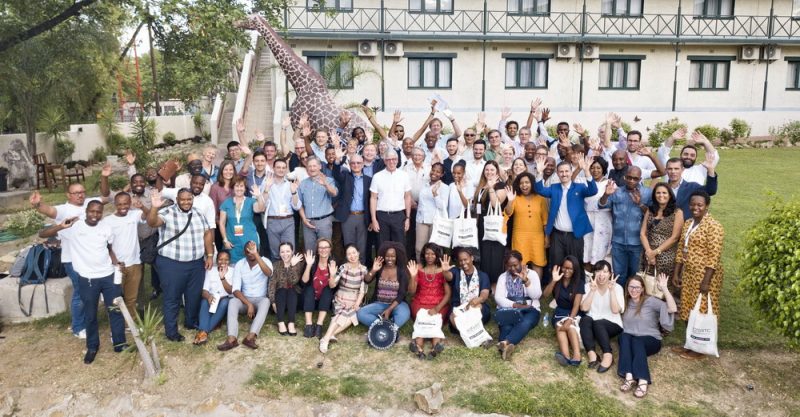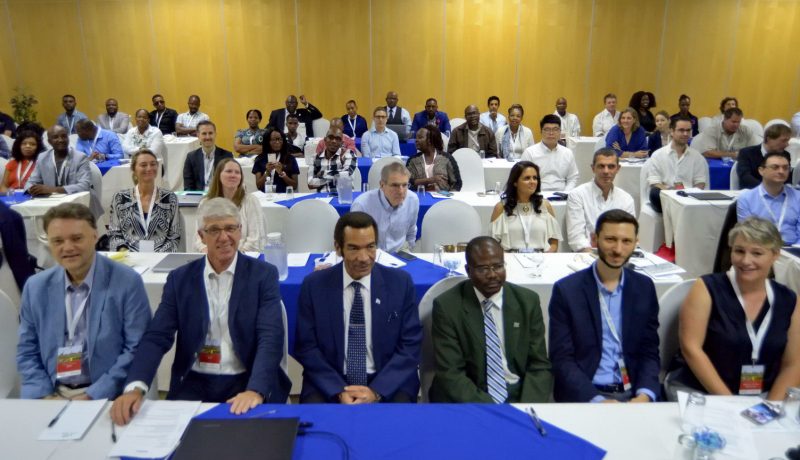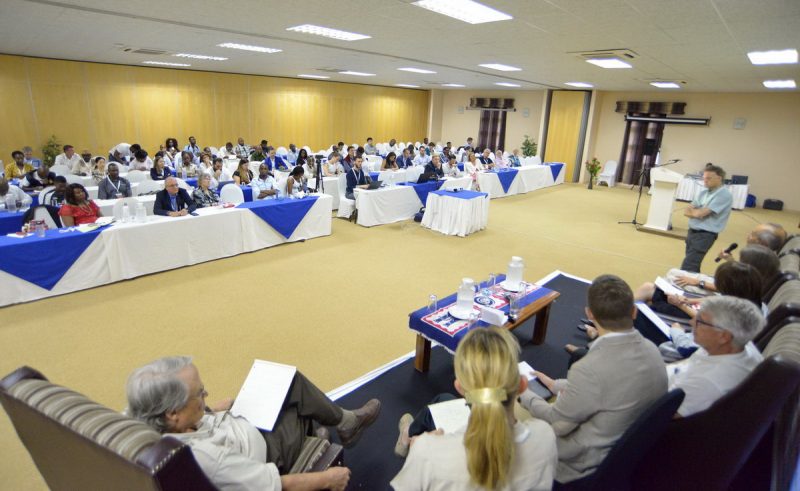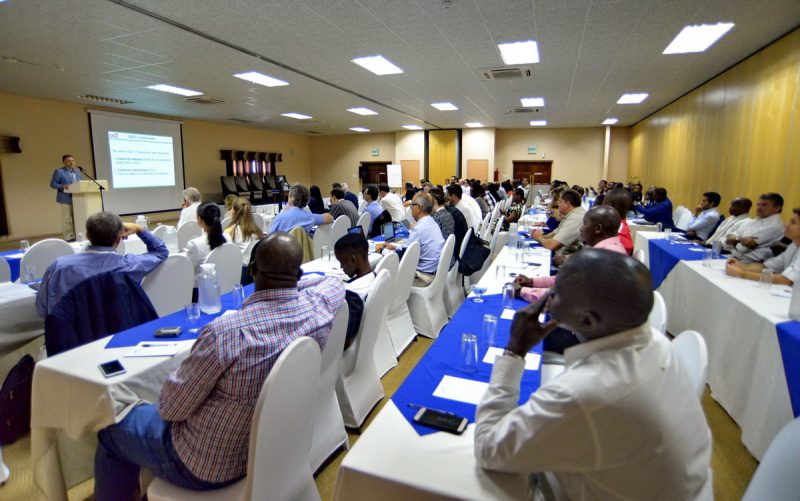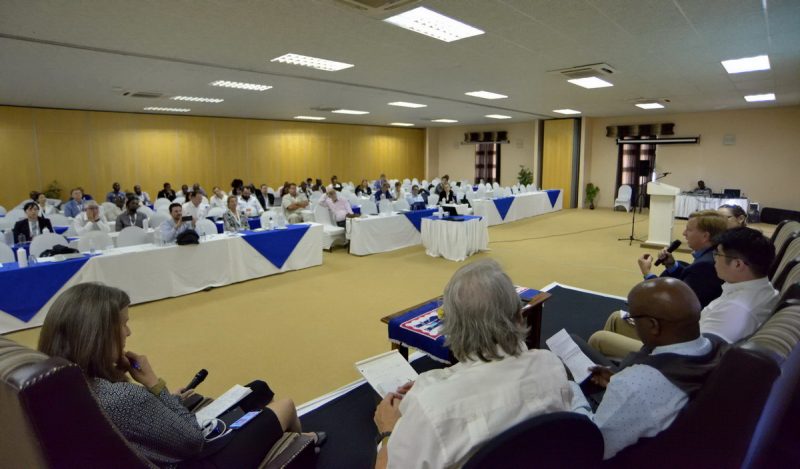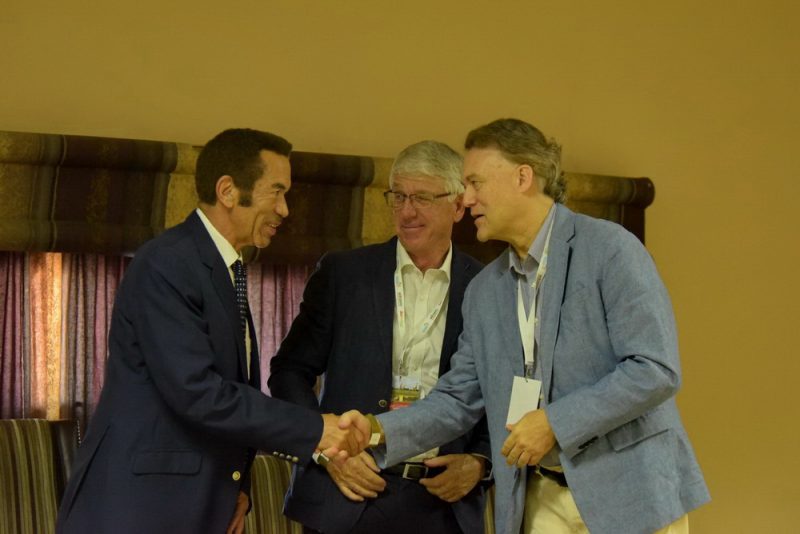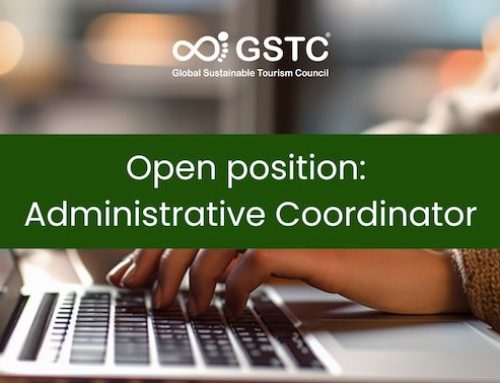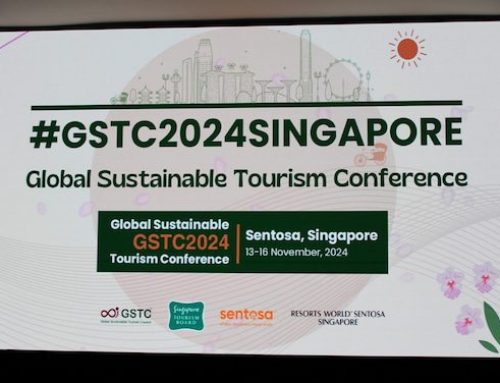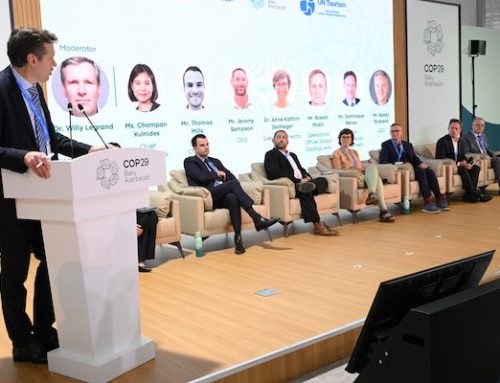Sustainable Tourism Professionals Gathered at the Global Sustainable Tourism Conference 2018 in Maun, Botswana
The Global Sustainable Tourism Conference 2018 in Maun, Botswana, which was organized by Botswana Tourism Organisation (BTO) and the Global Sustainable Tourism Conference (GSTC), brought together 150 delegates from 26 countries, as well as hundreds of viewers joining the live broadcast of the conference.
The Conference themes were: (A) Achieving Sustainable Destination Management; (B) Certification as a Driver of Sustainable Tourism; (C) Reaching the SDGs through the GSTC Criteria; and (D) Market Access for Responsible Tourism Businesses.
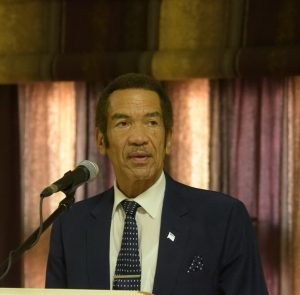
“Attitudes toward tourism could become negative over time as tourism development increases and host communities perceive such development as not beneficial to them. This may result in product defacing, animosity towards visitors and general resistance to tourism advancement. Therefore there is a need to develop policies and framework that will ensure that tourism development benefits both the entrepreneur, the nation and communities.”
“I, therefore, challenge you to give careful attention to ensuring that a balance is established between sectors of the economy if we are to have communities embracing tourism.”
GSTC Chair, Mr. Luigi Cabrini raised the question of “is tourism part of the problem or can it contribute to the solution?”
“Tourism is and remains an economic activity and small and big entrepreneurs have to make a profit from their businesses. Several studies and researches demonstrated that sustainable tourism generates higher economic benefits than a “business as usual” approach, thanks to: * savings generated by a better management of resources; * a healthier and more productive working environment deriving from a shared vision between the management and the staff; * an enhanced market access, driven by (1) a higher consciousness of the tourist as a responsible citizen, who rewards efforts to save energy and water, initiatives for protection of biodiversity, the respect of local cultures, etc. This tourist makes choices based on his or her ethical principles and is ready to spend more when a hotel or a destination show that it cares for their shared values. (2) Sustainable tourism is likely to offer better quality products by being more experiential and emotionally engaging.” (full speech)
Speakers came from near and far – from Botswana, different parts of Africa, and from further continents such as Asia, America, and Europe. Session topics included: “Destination Management – finding the right balance between overtourism and under-tourism”; “Wildlife Conservation and Tourism”; “Certification Body Collaboration Through Mutual Recognition or Shared Service”; “Recommendations for Market Access for SMEs”; “Achievements towards the 17 SDGs in the Tourism Sector”; and more.
Participants included international and domestic tourism stakeholders involved in the development and promotion of sustainable tourism; including public sector, hotels, tour operators, academia, development agencies, NGOs, consultants, and more. Along with Batswana participants, international participants come from: Namibia, Egypt, South Africa, Norway, Hong Kong, Japan, Korea, Switzerland, Belgium, The Gambia, Greece, Costa Rica, Netherlands, Portugal, Italy, Russia, Spain, UK, USA, and more.
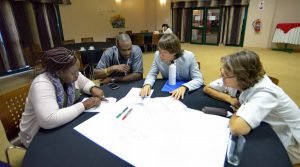
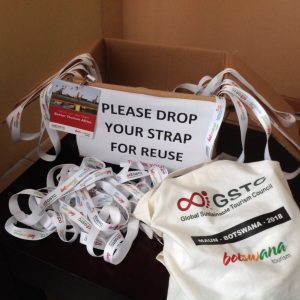
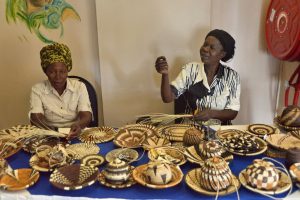
A document with the key conclusions from the conference is available here.
Presentations from the conference can be accessed here.
Photos can be found on GSTC Facebook page: First day (Dec 8), Second day (Dec 9), trip to Moremi Game Reserve (Dec 10)
#GSTC2018 on Twitter
#GSTC2018 on Facebook
The Global Sustainable Tourism Conference 2019 (#GSTC2019) will be hosted in Terceira Island, Azores, Portugal, 4-7 December 2019. For updates about GSTC2019 and other important developments, sign up for GSTC monthly newsletter.


